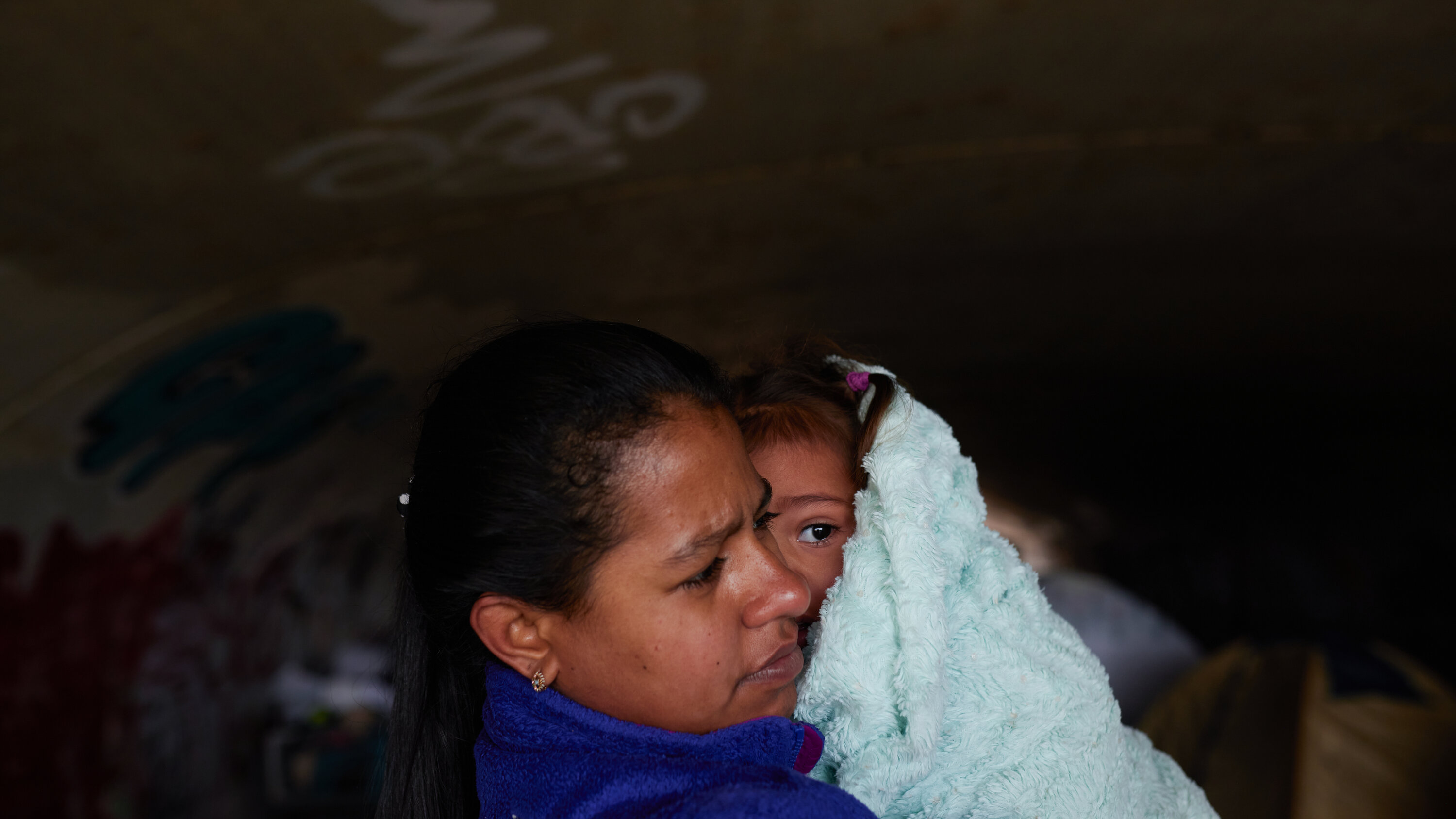Venezuelans in Limbo: Trump's Sudden Stroke Erases Immigrant Sanctuary

In a controversial move that underscores the administration's hardline immigration stance, President Trump continues to systematically dismantle the Temporary Protected Status (TPS) program, which has long served as a critical lifeline for migrants fleeing dangerous conditions in their home countries.
The latest decision to revoke TPS protections represents another significant step in the administration's ongoing efforts to restrict immigration and reshape the United States' humanitarian approach to vulnerable populations. By terminating this protective status, the administration is effectively forcing thousands of migrants to confront potentially life-threatening circumstances in their countries of origin.
The program, designed to provide temporary sanctuary for individuals from nations experiencing severe political instability, natural disasters, or ongoing conflicts, has been a crucial humanitarian mechanism. However, the current administration's actions suggest a fundamental shift away from compassionate immigration policies toward a more restrictive and punitive approach.
As TPS recipients face uncertain futures, the decision raises profound questions about the United States' commitment to protecting vulnerable populations and honoring its long-standing tradition of offering refuge to those fleeing dangerous circumstances.

